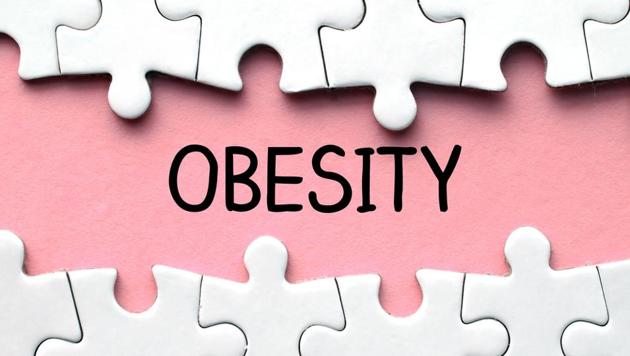Extra weight gain not only makes you disease-prone, it affects your DNA too
If you have the tendency to gain weight, you need to worry. For not only will it mean that you are more prone to diseases, your DNA too will get affected.
The extra kilos you gain during the holidays would not only show up on your hips but could also affect your DNA, leading to changes in the expression of inflammatory genes, results of a large-scale international study suggest.

The scientists examined the blood samples of over 10,000 women and men from Europe, a large proportion of whom were inhabitants of London of Indian ancestry, who according to the authors are at high risk for obesity and metabolic diseases.
The study, published in the journal Nature, showed that a high BMI (body mass index) leads to epigenetic changes at nearly 200 loci of the genome -- with effects on gene expression.
“In particular, significant changes were found in the expression of genes responsible for lipid metabolism and substrate transport, but inflammation-related gene loci were also affected,” said group leader Harald Grallert from Helmholtz Zentrum Munchen - German Research Centre for Environmental Health, Neuherberg, Germany.
While our genes do not change in the course of life, our lifestyle can directly influence their surroundings.
Scientists spoke here of the epigenome, which refers to everything that happens on or around the genes.
Up to now there has not been much research on how the epigenome is altered as a result of being overweight.
“This issue is particularly relevant because an estimated one and a half billion people throughout the world are overweight,” first author Simone Wahl of the Research Unit Molecular Epidemiology (AME) at Helmholtz Zentrum Munchen, noted.
From the data, the team was also able to identify epigenetic markers that could predict the risk of Type-2 diabetes.
“Our results allow new insights into which signaling pathways are influenced by obesity,” said Christian Gieger, head of the AME.
“We hope that this will lead to new strategies for predicting and possibly preventing Type-2 diabetes and other consequences of being overweight,” Gieger said.
Catch your daily dose of Fashion, Health, Festivals, Travel, Relationship, Recipe and all the other Latest Lifestyle News on Hindustan Times Website and APPs.



